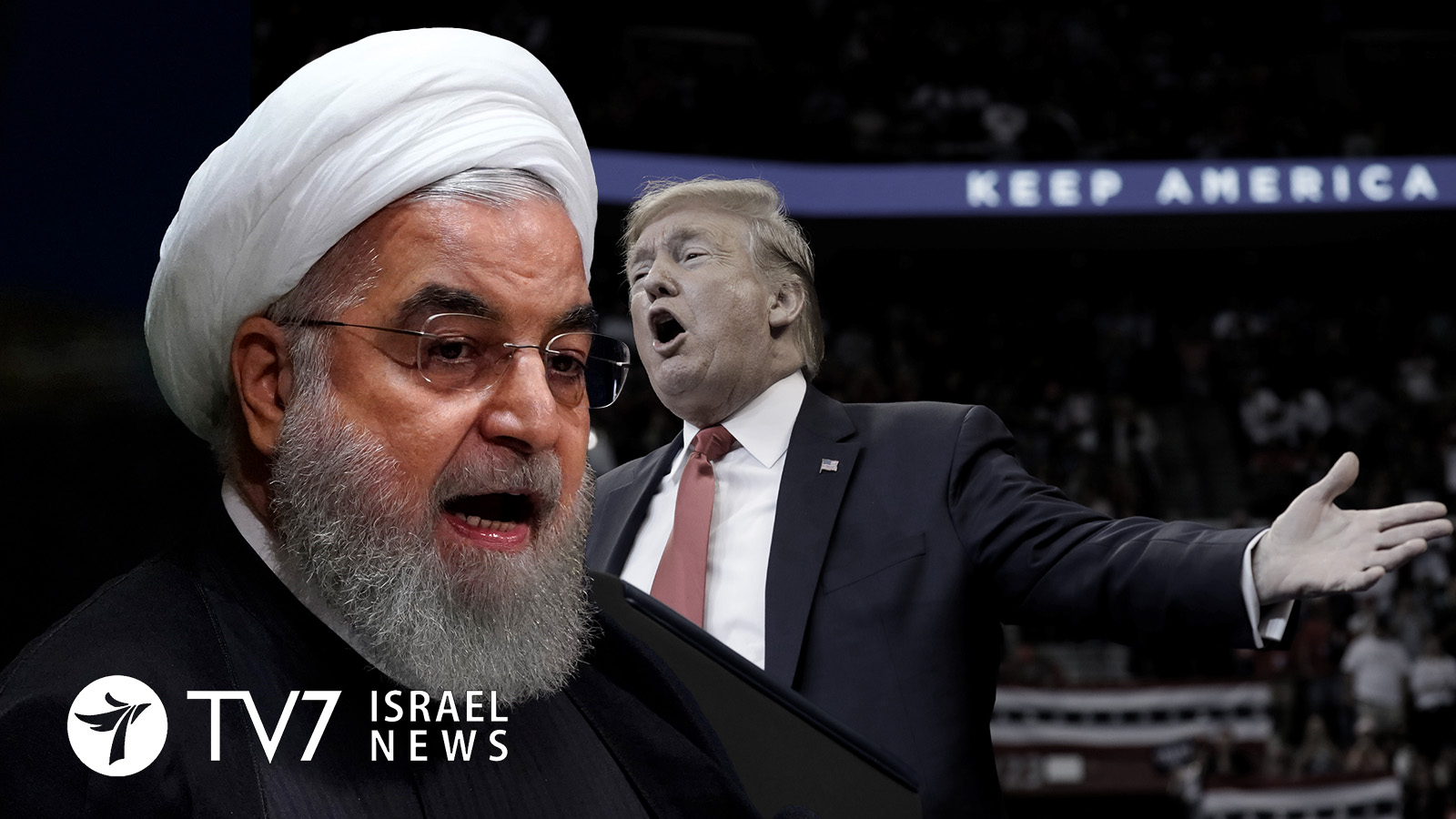Iranian President Hassan Rouhani has expressed deep satisfaction over the projected shift of power in the United States in a tirade against President Donald Trump.
“Thank God that this curse was ended for the people of the region and the American people too,” Rouhani said as he conducted a cabinet meeting in Tehran.
The Iranian head of state, who serves as an advisor to the Supreme leader Ayatollah Ali Khamenei, went on to voice his hope “that the next US administration will, as a first step, categorically condemn Trump’s policies towards Iran,” which he claimed “contravened human rights and policies that were acts of terrorism.”
“The new US government will have to compensate for the bad policies that were enacted over the last four years by the previous administration,” he insisted, adding that Trump “is the person who committed the worst crimes against independent nations in the history of the United States, especially against the Iranian nation, against the Palestinian people and other nations who became targets for his bullying and cruelty. His defeat was because he had already lost the international community, lost at international tribunals, lost the moral high ground, lost the world public opinion, and specifically lost the public opinion in the United States.”
Trump abandoned the Joint Comprehensive Plan of Action in 2018, and Tehran responded by scaling down its compliance with nuclear restrictions set in its 2015 accord with six world powers. Presumptive U.S. President-elect Joe Biden has previously stated that Washington could rejoin the deal if Iran committed to the curbs. Biden’s staff says the former vice president aims to restore the deal provided that Iran again abides by it. Diplomats and analysts state this is unlikely to happen overnight, as the adversaries would both want additional commitments.
Rouhani demanded that both his nation and the U.S. to agree on a declaration of willingness to reaffirm the JCPOA according to “the terms and conditions” as they stood as of 20 January 2017, saying “this step can help resolve many of the existing difficulties and help set a new direction and improve the situation” – in reference to crippling sanctions Trump re-imposed over the past 2 years.
Rouhani’s statements are nevertheless largely hollow, in that they came just one day after the Iranian Parliament’s National Security and Foreign Policy Committee discussed significantly stepping up nuclear activity, including the level of uranium enrichment. This meeting, which was confirmed to TV7 by Iranian sources, came in the immediate wake of approval by Iranian lawmakers at a previous meeting earlier this week of three articles in a bill mandating uranium be enriched as high as 20%.
TV7 was told by an active intelligence analyst on condition of anonymity that the latest Iranian nuclear-related activities are part of a so-called “Strategic Action Plan” aimed at forcing an incoming Biden administration to either re-enter the JCPOA – or face an atomic weapon armed Islamic Republic.
Meanwhile, Beijing is undertaking extensive efforts to stop Washington’s latest round of punitive economic measures on four entities in China and Russia which U.S. Special Envoy for Iran Elliott Abrams has accused of promoting Iranian ballistic missile development.
“China has lodged stern representations with the U.S. side on this matter, we firmly oppose unilateral sanctions and long arm jurisdiction of other countries by the United States,” Chinese Foreign Ministry Spokesperson Zhao Lijian told a news briefing.
“We urge the U.S. to correct its mistakes and withdraw the illegal sanctions,” said Zhao Lijian, adding that “China will continue to work hard to safeguard the international non-proliferation system, strictly fulfil its international non-proliferation obligations, and at the same time firmly safeguard its own legitimate rights and interests.”
It is important to note that the JCPOA was endorsed by unanimous approval by the United Nations Security Council Resolution 2231 in July 2015, which detailed an agreed-upon inspection process aimed at curbing Iranian nuclear development in accordance with a set schedule for the lifting of international sanctions. Paragraph 3, Annex B of the document requires Iran “not to undertake any activity related to ballistic missiles designed to be capable of delivering nuclear weapons, including launches using such ballistic missile technology.”
